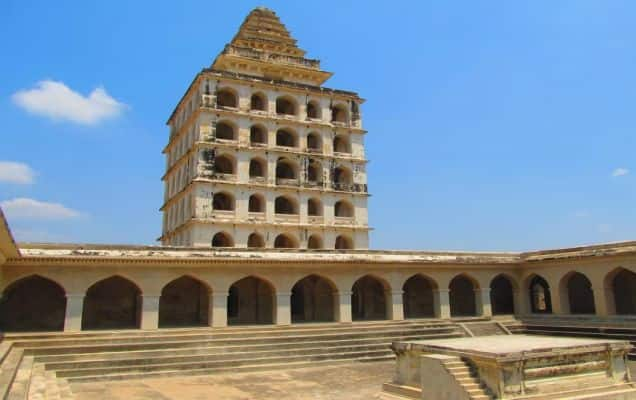PM's opening remarks at the consultation meeting with CMs on replacing the Planning Commission
The Prime Minister, Shri Narendra Modi, today gave a new thrust to the quest for an effective replacement to the Planning Commission, describing "Team India" as a combination of three teams – the Prime Minister and Chief Ministers; the Union Council of Ministers; and the bureaucracy in the Centre and States. He was delivering the opening remarks at a consultation meeting with Chief Ministers on the subject of replacement of the Planning Commission.

Invoking the spirit of "cooperative federalism", the Prime Minister said that the current global scenario offered a chance for India to take a big leap forward. The Prime Minister called for abandoning the incremental approach. He stressed on the need for a suitable body to replace the Planning Commission, so that the strengths of the country can be suitably harnessed.
The Prime Minister said the question of role, relevance and restructuring of the Planning Commission had been repeatedly questioned for more than two decades. The first introspection was done after the launch of economic reforms, in 1992, when it was felt that in light of changing Government policy, a different approach was required. In 2012, the Parliamentary Consultative Committee stressed the need for a serious look at the Planning Commission and the need for a new body to replace it. The former Prime Minister, Dr. Manmohan Singh, had stressed the need for a relook at the Planning Commission towards the end of his term, Shri Narendra Modi added.

Further, the Prime Minister said that when he was Chief Minister of Gujarat, he had attended meetings of the Planning Commission, and had felt the need for a better platform to articulate the view of states. The Prime Minister said that development is now a priority for all, and the time has come to develop a new mechanism to deliver growth and development.

Shri Narendra Modi said it is impossible for the nation to develop unless states develop. He said the process of policy planning also has to change from "top to bottom" to "bottom to top." The Prime Minister also noted that in countries such as the USA, thinktanks that function independently of the Government have a major role in policy-making. He said that in India too, there is a great deal of economic activity that happens outside the Government setup, and there is a need to design policies for them as well. He said that states should have a key role in the new body to replace the Planning Commission. He added that states sometimes feel there is no platform to express their views. He also said there should be an effective mechanism to address inter-state disputes.

"Can we develop a new mechanism, that plans according to India`s strengths, empowers states, and brings on board all economic activity, including that which happens outside the Government," the Prime Minister asked, as he set the tone for the discussion in today`s consultation meeting. He said the views that states express in today`s meeting would prove valuable in shaping the new body to replace the Planning Commission.
PM's concluding remarks at the consultation meeting with CMs on replacing the Planning Commission
The Prime Minister, Shri Narendra Modi, at the conclusion of the consultation meeting with Chief Ministers, said that the meeting was fruitful and all Chief Ministers had offered significant suggestions.
The Prime Minister referred to remarks made by Dr. Manmohan Singh on April 30th, 2014 regarding the Planning Commission. He said that Dr. Manmohan Singh, who had been associated for a long time with the Planning Commission, had noted that the body has no futuristic vision in the post-reform period. He had also noted that the Planning Commission would have to reinvent itself to remain more effective and relevant in the present situation.
The Prime Minister also recalled his own speech on Independence Day, and said that the Planning Commission should be replaced by an organization which can think creatively, strengthen the federal structure, and energize
For the Document click here:PM with CMs at the Retreat at Race Course Road, following the meeting with CMs
The Prime Minister, Shri Narendra Modi, after the formal Consultation Meeting with Chief Ministers on the new institution to replace the Planning Commission, held a Retreat with the Chief Ministers.
The Retreat is a first of its kind where the Prime Minister and Chief Ministers met without the support of any officials in a relaxed, private setting and discussed developmental issues and specific success stories in their states. The purpose is to learn from each others` successes so that they could be replicated in other states.

Chief Ministers highlighted one area each where they had done something innovative and which had a visible impact, either in improving governance or in improving service delivery to citizens.
All the participants felt that this was an extremely useful exercise which could be repeated in future.














